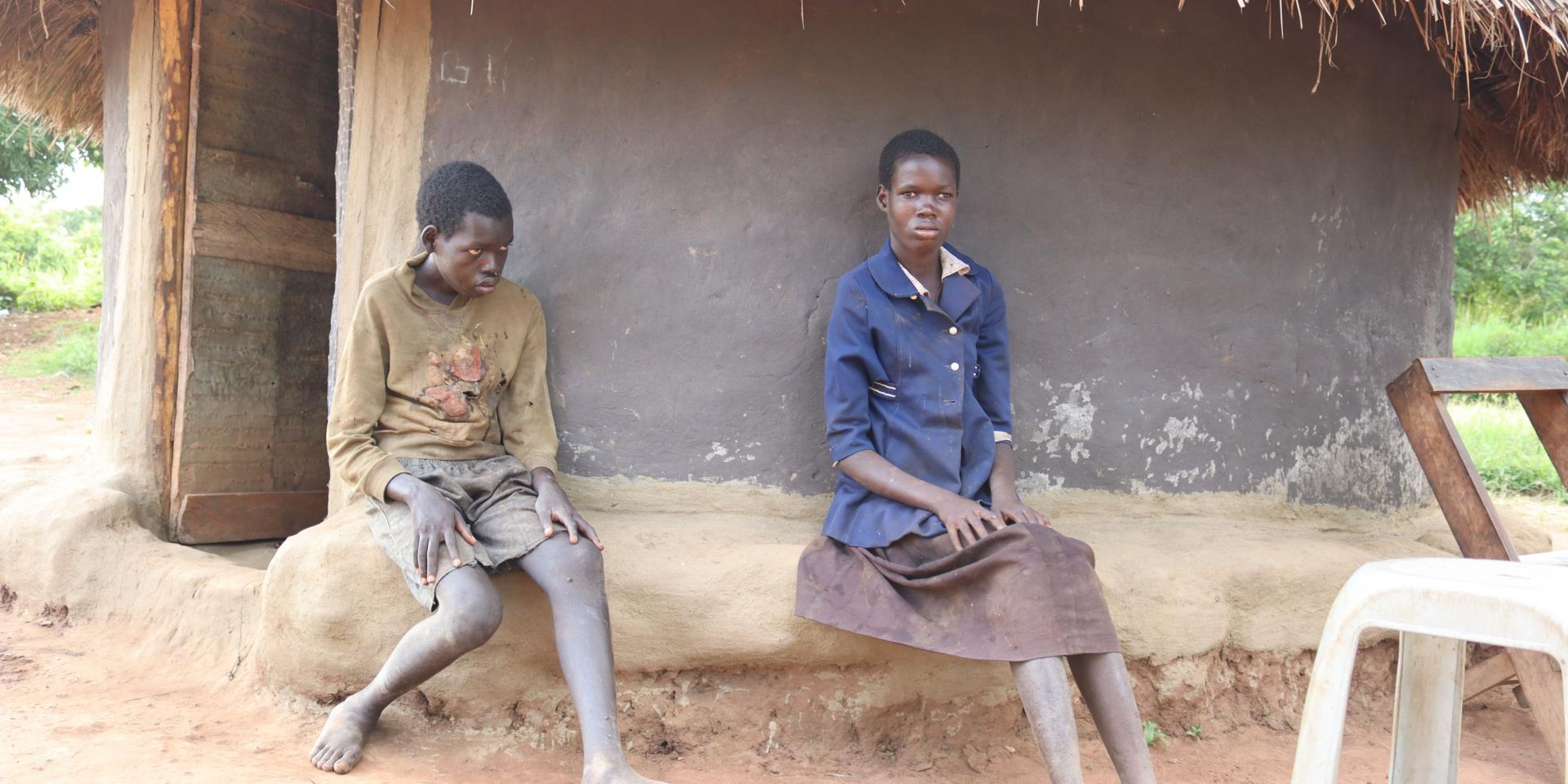Nutritionists at the Department of Public Health at Lira University are developing recipes to improve the nutrition of children suffering from nodding syndrome in Acholi and Lango sub-regions.
The recipes will be from locally available foods that are cheap and accessible to the communities which will contain nutrients that the children lack. It will be in form of flour, paste and solid food and will also be fed to children with children with moderate acute malnutrition or wasting, nutritionists say..
The development follows a baseline survey by Lira University and the National Agricultural Research Organisation in Uganda (NARO) Consortium in January 2021, which revealed that the rate of wasting and stunting among children in Acholi and Lango sub-regions is above the national and global prevalence, respectively.
The survey was centered on 48 health centers in Kitgum, Pader, Nwoya, and Gulu districts in the Acholi sub-region, as well as Lira, Oyam, Kole, and Alebtong districts in Lango sub-region, also found high levels of malnutrition among children suffering from nodding syndrome.
Freda Amito, a lecturer in the Department of Public Health at Lira University, says she hopes the recipes will be ready by the end of this month so that distribution among the target population starts in the next quarter. “The enrolled children will be monitored for half a year before the final report is made on whether or not the recipes work.”
The food recipes will be subject to several laboratory tests to find out the nutrients that are still present. “Testing the food for flavour, smell, taste will be done by professionals and selected members of the community,” says Amito. During the food profiling exercise which ended on Sunday, February, 6th, they also identified the families that will benefit from the intervention.
Amito says foods will also be tested for the presence of metals or toxins so and an ethical body will also approve it before it is given to the beneficiaries.
Bonny Aloka, an Assistant Lecturer in the Department of Public Health who is also on the team developing the recipe says the food will be given free to beneficiaries. Aloka says the caretakers of the patients will also be taught how to make the recipes so that they can easily get them when the distributed ones are finished.
Joe Otto, the coordinator of nodding syndrome in Labongo Akwang sub-county in Kitgum district, says the development is great because most families with children suffering from nodding syndrome are too poor to afford a proper diet for their children. In fact the families with nodding syndrome spend most of their time taking care of the children, instead of engaging in income-generating activities to provide a balanced diet for their children.
During a Christmas lunch with the children suffering from nodding syndrome in Tumangu in Kitgum District in December 2021, Dr. David Kitara Lagoro, a lecturer in the Department of Medicine and Biochemistry at Gulu University, noted that proper nutrition is very vital in the general improvement of children suffering from nodding syndrome.
Dr. Lagoro, who has been researching nodding syndrome since 2012, noted that when children with nodding syndrome were kept at the Rehabilitation Centre in Omoro district, their health improved because they were well taken care of nutritionally.
In another intervention, St. Mary Catholic Church in Kitgum municipality is seeking UGX 35 million shillings to make special toilets and renovate a care center for children suffering from nodding syndrome. The care center, an initiative of Archbishop John Baptist Odama is intended to cater for at least 259 most vulnerable children with nodding children in all districts in Acholi sub region.
The care center is located at St. Bakhita, a former secondary school located in Pongdwongo parish in pager division, Kitgum municipality.
Stephen Oyet, the chairperson of the care center explained that remodelling work is partial because they lack funds to make special toilets that can be used while sitting, or mobile ones, to suit the condition of the users. They also want to repaint rooms, dormitories and work on the floors of the rooms.
The 2022-2027 strategic plan of the care center is to among other things; enhance health care and medication of nodding syndrome victims, provide physiotherapy and language therapy, improve on food, nutrition, and income security, promote research on food and behavior, provide spiritual support and vocational skills training to those who have recovered.
The full involvement of the church in caring for children with nodding syndrome comes after two centres in Odek sub-county in Omoro district and Tumanguu in Labongo Akwang sub-county in Kitgum district that was offering specialized treatment to the children closed.
Since the closure of these care centers, a number of patients with nodding syndrome have died due to malnutrition-related complications, drowning, and fires.



